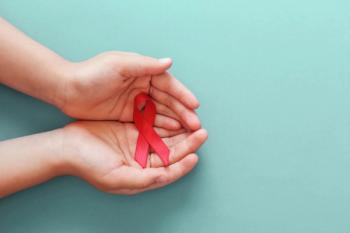
Kids going unvaccinated during COVID-19 crisis
COVID-19 has led to many changes in health care, including how children receive care. A new report from the Centers for Disease Control and Prevention examines how these changes have impacted vaccination.
The COVID-19 pandemic has led to many changes in pediatric health care, including the fact that many children are no longer going to the pediatrician’s office for care but instead receiving that care via telehealth. A
Investigators used the Vaccines for Children Program (VFC) provider order data from the CDC’s Vaccine Tracking System and the Vaccine Safety Datalink (VSD). They looked at the cumulative doses of VFC-funded vaccines that had been ordered by health care providers in 2 periods: January 7, 2019–April 21, 2019 and January 6, 2020–April 19, 2020.
The Vaccine Tracking System showed a sharp decrease in VFC-funded, Advisory Committee on Immunization Practices-recommended noninfluenza vaccines following the declaration of a national emergency on March 13, 2020. The VSD showed a similar decline in measles-containing vaccine administration. The decrease was not as sharp in children aged 24 months and younger. The daily doses of the measles vaccines given to children aged 24 months and younger dropped from roughly 2000 doses in March to just over 1000 by April 19. In older patients, it dropped from roughly 2200 to less than 500.
The drop-off in vaccines during the pandemic could signal an impending health crisis when the COVID-19 pandemic ends and social distancing relaxes, leaving unvaccinated children at risk of becoming ill with vaccine-preventable diseases. Health care providers and public health offices should be prepared to provide a large number of catch-up vaccines when the COVID-19 crisis is over to prevent that from happening.
References:
1. Santoli JM, Lindley MC, DeSilva MB, et al. Effects of the COVID-19 pandemic on routine pediatric vaccine ordering and administration-United States, 2020. MMWR Morb Mortal Wkly Rep. May 8, 2020. Epub ahead of print. doi: 10.15585/mmwr.mm6919e2
Newsletter
Access practical, evidence-based guidance to support better care for our youngest patients. Join our email list for the latest clinical updates.








